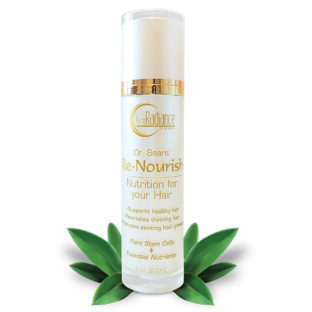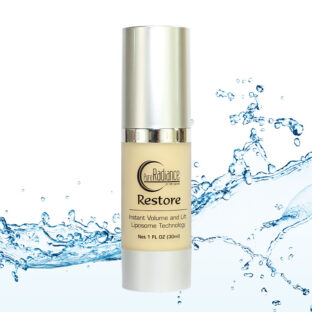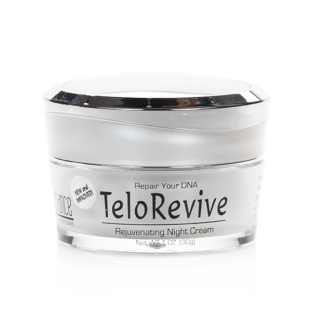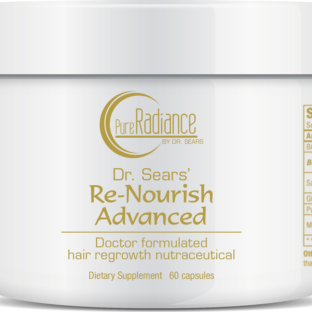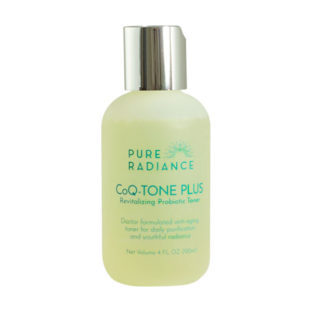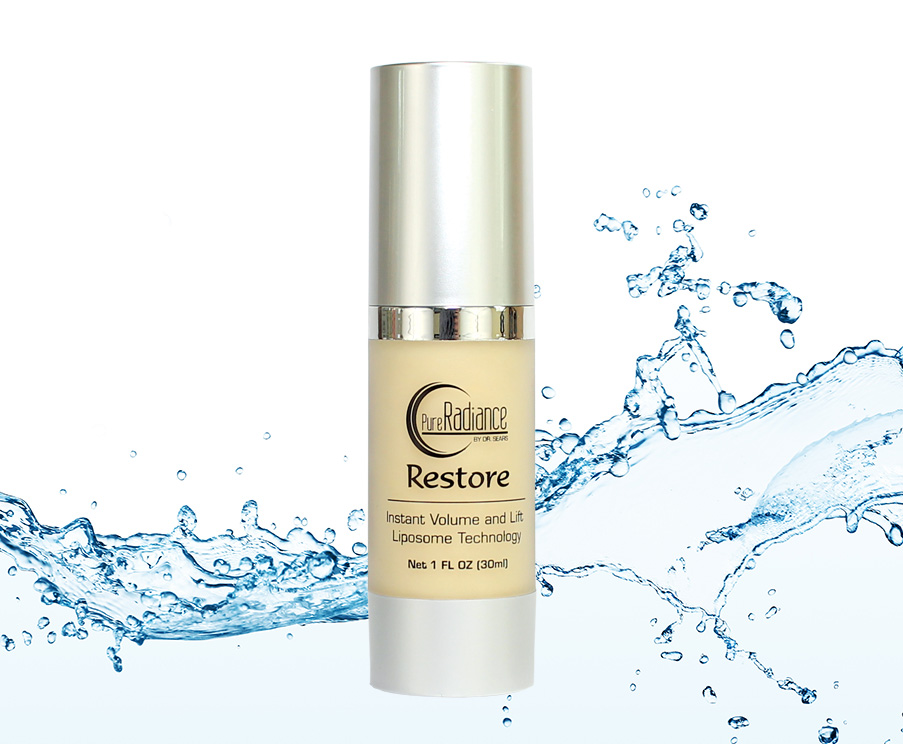
When most people think of iodine, they think about salt — and cutting it out of their diet. Yet iodine is an essential mineral that is vital for the well-being of your thyroid gland. It’s also responsible for your metabolic process and the smooth functioning of your immune system.
A deficiency may lead to low energy, brain fog and insomnia.
But not everyone knows how important iodine is for almost every part of a woman’s body. And when you’re short on iodine, a lot of things can go wrong:1,2,3,4,5,6
- Weight: Low iodine levels slow your metabolism and allow food to be stored as fat, rather than burned as energy. The result is unexpected weight gain.
- Breasts: A lot of iodine is concentrated in breast tissue. When you don’t have enough, you can develop fibrocystic breast disease. Up to 93% of American women have it. This is when your breasts become painful with nodules and cysts. The longer you have this disease, the higher potential for breast cancer.
- Heart: Too little iodine can lead to an abnormally low heart rate, leaving you weak, dizzy and tired.
- Neck: Swelling in the neck due to an enlarged thyroid is a common sign of an iodine deficiency.
- Eyes: Tear glands in your eyes contain large amounts of iodine. Lack of iodine can cause dry eyes.
- Mouth: Salivary glands in the mouth contain large amounts of iodine. Lack of iodine causes dry mouth.
- Ovaries: Iodine is concentrated in the ovaries. Women who lack iodine develop cysts. The greater deficiency, the more cysts. It can also lead to a disease called polycystic ovarian disease.
But healthy iodine levels are also important when it comes to how you look:
- Skin: About 20% of iodine is stored in the skin. It helps in regeneration of the lower layers of your skin by triggering cellular function. If you don’t have enough iodine, you get dry, flaky skin. Increasing your levels will boost skin moisture, reduce the appearance of scars and even slow down the formation of wrinkles.
- Hair: Too little of this essential compound can lead to hair loss, premature graying, thinning and dry hair that breaks easily. You see, your thyroid hormones are responsible for generating the hair follicles. If there’s not enough iodine, there are not enough thyroid hormones, and your hair follicles are not regenerated.
- Smile: An iodine deficiency is directly linked to dental problems. This can lead to dry mouth, which can increase the risk for cavities and gum disease. In addition, too little iodine can lead to mouth breathing, which can cause crooked teeth and even bad breath.
Regular readers of Dr. Sears’ Ageless Beauty Secrets already know that a big reason we have an iodine deficiency is the war on salt. About 50 years ago, our government told everyone to put down the salt shaker. Since then, the rate of iodine deficiency in America has quadrupled.
Add Varied Sources of Iodine to Your Diet
The daily recommendation for iodine is only 150 mcg per day. But even if you get that, it’s not enough.
Now, I don’t recommend table salt. It’s bleached and has residual chemicals from processing. It can also contain MSG and aluminum. I recommend natural food sources. These are the top 5 foods I rely on for iodine:
 |
Supplement for Added Iodine
- Try kelp tablets. If you’re not a seaweed lover, you can take kelp tablets instead. Start with 325 mcg per day and increase it slowly. You can gradually go as high as 3,000 mcg to 6,000 mcg a day.
- Or supplement instead. You can also take iodine supplements. But make sure you’re getting the right kind. The iodide form is what your thyroid uses. I recommend Iodoral tablets. They contain 5 mg of iodine and 7.5 mg of potassium iodide. Take one or two tablets per day.
- Don’t forget this nutrient. If you do take iodine tablets, make sure you also get enough selenium. Your body needs it to use iodine efficiently. Taking too much iodine without selenium can lead to goiter and other thyroid problems. I recommend at least 200 mcg of selenium every day. Eat two Brazil nuts every day. Each has around 100 mcg of selenium.
In Gratitude, 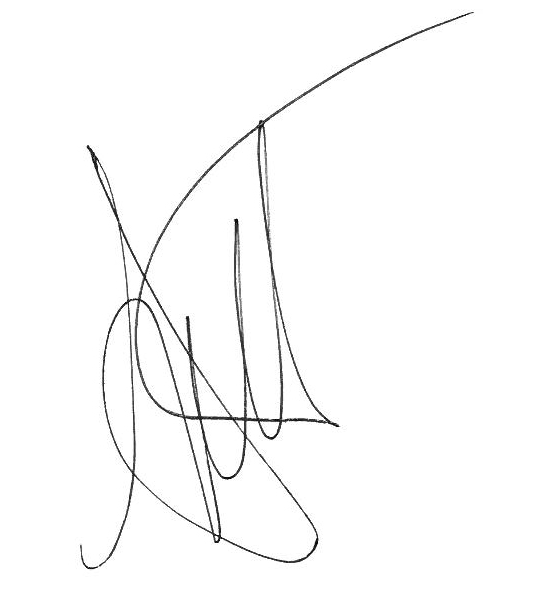
Dr. Alison Levitt

Dr. Alison Levitt brings more than 23 years of experience in regenerative medicine to the Sears Institute to give her patients total health and wellness – both inside and out.
She specializes in empowering patients to take back their health by maintaining their optimal health. Her patients get the most advanced regenerative medicine therapies to help reverse their health conditions.
1. Kim B. “Thyroid hormone as a determinant of energy expenditure and the basal metabolic rate.” Thyroid. 2008;18(2):141-144.
2. Kostoglou-Athanassiou I and Ntalles K. “Hypothyroidism — new aspects of an old disease.” Hippokratia. 2010;14(2): 82-87.
3. Messenger AG. “Thyroid hormone and hair growth.” Br J Dermatol. 2000;142(4):633-634.
4. Matthew K. Hypothyroidism in older adults. 2000.
5. Kostenko YY, et al. “Prevalence of main dental diseases in children who live in conditions of biogeochemical fluorine and iodine deficiency.” Dent Res J (Isfahan). 2019;16(4):271-275. 6. Gaugin P. “Iodine and the body.” Iodine Res.


